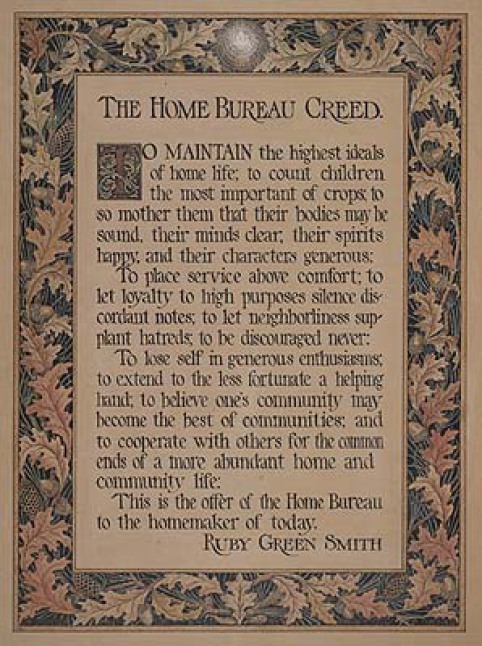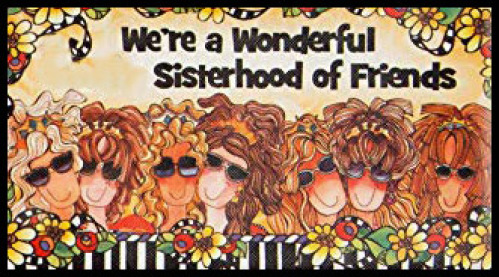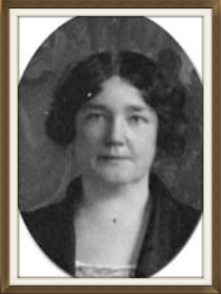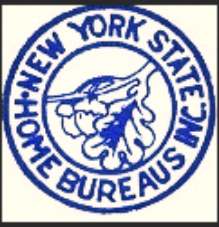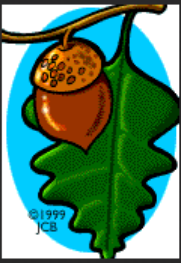NEW YORK STATE FEDERATION OF HOME BUREAUS, INC
Ruby Green Smith (1878 - 1960) was born in Indiana and received her B.A. at Stanford University in 1902.
She continued her studies and became a research instructor in Entomology and Bionomics, completing her M.A. in 1904. In 1908, Smith co-authored Inheritance in Silkworms with the famous Stanford
biologist Vernon Kellogg, who studied evolution in insects. She then came to Ithaca, received her Ph.D. from Cornell in 1914, and promptly began a long and laudable career in extension. From 1919 to
1923, she moved from assistant to associate state leader of home demonstration agents, and finally became the state leader, as well as a professor in extension. She was at one time the assistant
director of the Conservation Division of the New York State Food Commission and worked with the U.S. Department of Agriculture.
Smith worked in extension until her retirement in 1944. In addition to writing a history of extension, she also started the Cayuga Bird Club, Ithaca Housewives' League, and Farmers' Market. Affectionately known as "Aunt Ruby" to most people in extension and in the College of Home Economics, Smith is best known as the author of the Home Bureau Creed, 500,000 copies of which were published and distributed nationwide. The creed reads as follows.
Smith worked in extension until her retirement in 1944. In addition to writing a history of extension, she also started the Cayuga Bird Club, Ithaca Housewives' League, and Farmers' Market. Affectionately known as "Aunt Ruby" to most people in extension and in the College of Home Economics, Smith is best known as the author of the Home Bureau Creed, 500,000 copies of which were published and distributed nationwide. The creed reads as follows.
The New York State Federation of Home Bureaus was founded by women leaders of various organizations in 1919
at Ithaca, New York.
These ladies felt there was a great need to the homemakers in promoting all interests pertaining to home
and community life. Home Bureau leaders, as well as Farm Bureau, were instrumental in obtaining funds for the Extension service programs from the federal, state and local governments. With these
funds they were able to attract trained leaders in the counties to bring knowledge pertaining to homemaking and other interests to the homemaker. These were taught at the University of
Cornell.
In January 1956 by mutual agreement a bill was introduced to the state legislature, passed and became law
defining Home Bureau Federation as a private organization. This meant there would be no affiliation or cooperation with the Home Economic Division of the NYS Extension service.

